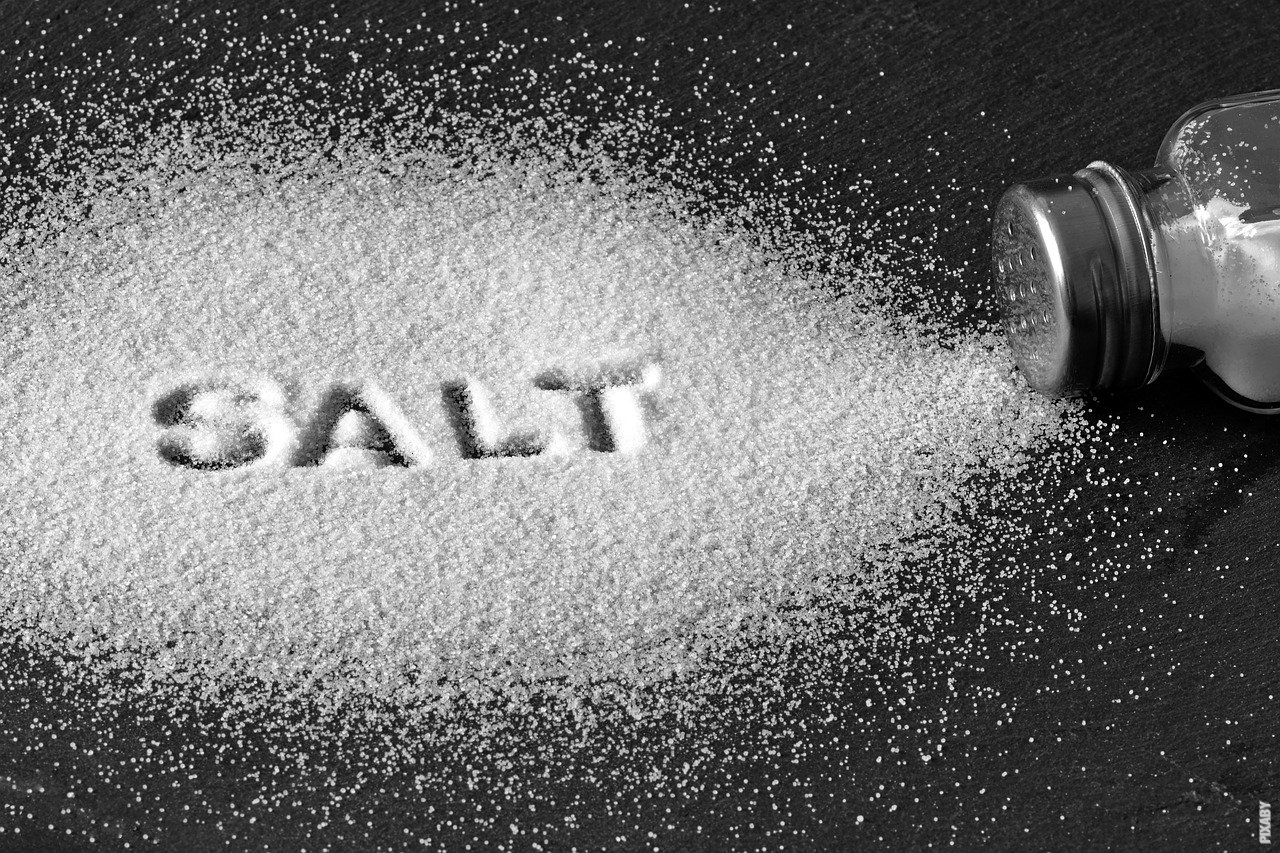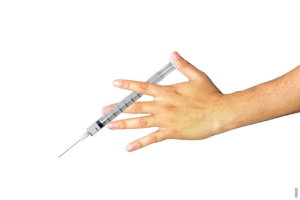Unveiling the Hidden Heroes: Kidneys and Blood Pressure Regulation
Imagine a world where our bodies have no mechanism to control our blood pressure. It would be chaos, with our hearts working overtime and our vessels on the verge of bursting. Thankfully, our bodies are equipped with a remarkable duo – the kidneys, the unsung heroes of blood pressure regulation.
The Master Architects – Kidneys’ Role in Blood Pressure Control
Deep within the core of our bodies, the kidneys silently toil away, filtering our blood and maintaining a delicate balance of fluids and electrolytes. But their role stretches far beyond waste elimination; they are the master architects of our blood pressure.
When blood flows through the kidneys, they meticulously monitor its composition. If sodium levels are too high, the kidneys spring into action, ensuring excess sodium is excreted in the urine. As water follows sodium, this process effectively reduces the total fluid volume in our bodies, leading to a decrease in blood pressure.
Renin-Angiotensin-Aldosterone System: The Kidneys’ Secret Weapon
But wait, there’s more! The kidneys have a secret weapon in their quest for blood pressure regulation – the renin-angiotensin-aldosterone system (RAAS). In times of low blood pressure or low sodium levels, the kidneys release an enzyme called renin. Renin then sets off a cascade of events, leading to the production of angiotensin II, a potent vasoconstrictor that narrows our blood vessels, thus increasing blood pressure.
To further amplify its effects, angiotensin II stimulates the release of aldosterone, a hormone that acts on the kidneys to increase sodium reabsorption. This mechanism ensures that precious sodium is conserved, preventing excessive fluid loss and maintaining blood pressure within a normal range.
The Kidney-Blood Pressure Tango
The kidneys’ role in blood pressure regulation is not limited to these intricate processes alone. They also communicate closely with our cardiovascular system, exchanging vital information to maintain equilibrium. When blood pressure drops, specialized cells in the kidneys release a hormone called erythropoietin, which stimulates the production of red blood cells in our bone marrow. These additional red blood cells then help transport oxygen more efficiently, supporting the cardiovascular system and working hand in hand with the kidneys to restore blood pressure to optimal levels.
Understanding Hypertension: When the Kidneys Go Awry
Although the kidneys work tirelessly to maintain blood pressure, sometimes they can falter. Hypertension, or high blood pressure, arises when this delicate system goes awry. It can be caused by various factors, including genetics, obesity, and lifestyle choices. When blood pressure remains consistently high, it puts a strain on the kidneys, potentially leading to kidney disease.
Post
Post
Conclusion
Our bodies are a symphony of intricate mechanisms, and the kidneys play a vital role in maintaining blood pressure harmony. From their ability to regulate sodium levels to their secret weapon, the RAAS system, the kidneys are the unsung heroes ensuring that our blood pressure remains within a healthy range. So, let us not forget the remarkable work of these hidden warriors as they tirelessly strive to keep our bodies in equilibrium.



